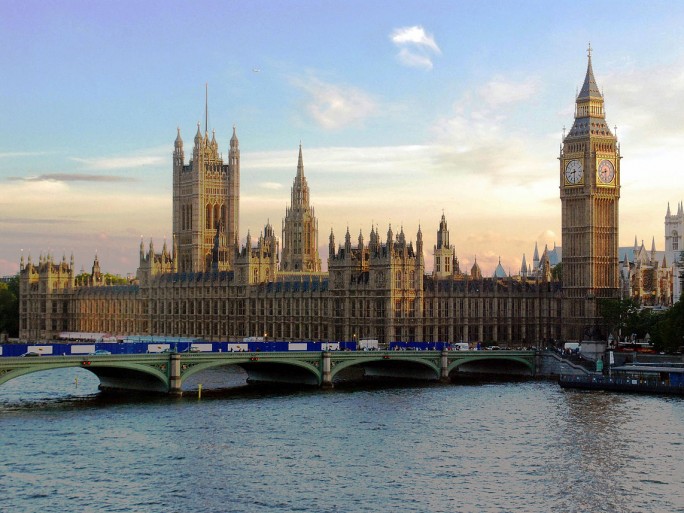Superfast Coverage, Not Ultrafast Speeds Dominates MP Broadband Debate

BLOG: Fears the UK might fall behind in ultrafast race aren’t share by those in rural areas who don’t care about technology if they get superfast broadband
One of the arguments made by those who want to see BT and Openreach separated is that the former is ‘sweating’ its copper assets by not deploying fibre to the premise (FTTP) and stifling alternative sources of investment.
This, it is claimed, has led to the UK falling behind other countries in the battle for digital supremacy as the rollout of ultrafast broadband is delayed. But the parliamentary debate on broadband did much to suggest that most Brits just want superfast broadband of any description and that coverage is the major issue.
In the House of Commons, MPs queued up to complain on behalf of their constituents about a myriad of issues concerning service, availability and affordability, with lengthy speeches and constant interruptions serving to demonstrate just how important broadband is in 2015.
Coverage, not speed
 Some shared fears that as more government services are moved online, many businesses risk being left behind, while the most vulnerable in society could be alienated if affordable services are not available.
Some shared fears that as more government services are moved online, many businesses risk being left behind, while the most vulnerable in society could be alienated if affordable services are not available.
Others said more transparency was needed in the rollout, while others questioned how public subsidies could improve the situation – especially in areas in the ‘final five percent’ that BDUK will not touch.
True, some expressed concern about the choice of fibre to the cabinet (FTTC) technology meant we might fall behind other countries and could have the same speed issues in 15 years’ time as we do today, but the government fended off such criticism by pointing to BT’s G.Fast pledges and the excessive cost of nationwide FTTP rollouts in countries like Australia.
“Ten years is too long because the demand for bandwidth never diminishes,” said George Kerevan, SNP MP for East Lothian. “Once we have superfast, we will need ultrafast.”
MP’s focus
There’s nothing to say that the debate may not move onto speed in the near future, but for now MPs are reflecting the growing frustration that many in rural areas (and some in urban) do not yet have superfast broadband, never mind ultrafast
As Ed Vaizey told the Financial Times last month: “My job is to deliver workable broadband to as many people as possible. I am not getting it in the neck for fibre-to-the-premises, I am getting it in the neck for the last 5-10 per cent [of the country].”
Indeed, the most newsworthy part of the debate was Vaizey’s strong suggestion that 10Mbps could be made the new universal service obligation (USO) for communications providers.
Ultrafast broadband is important, especially as more people get online, 4K video becomes more popular and the Internet of Things takes off, but it is those who are not yet connected to superfast that are dominating the parliamentary agenda.
What do you know about fibre broadband? Try our quiz!